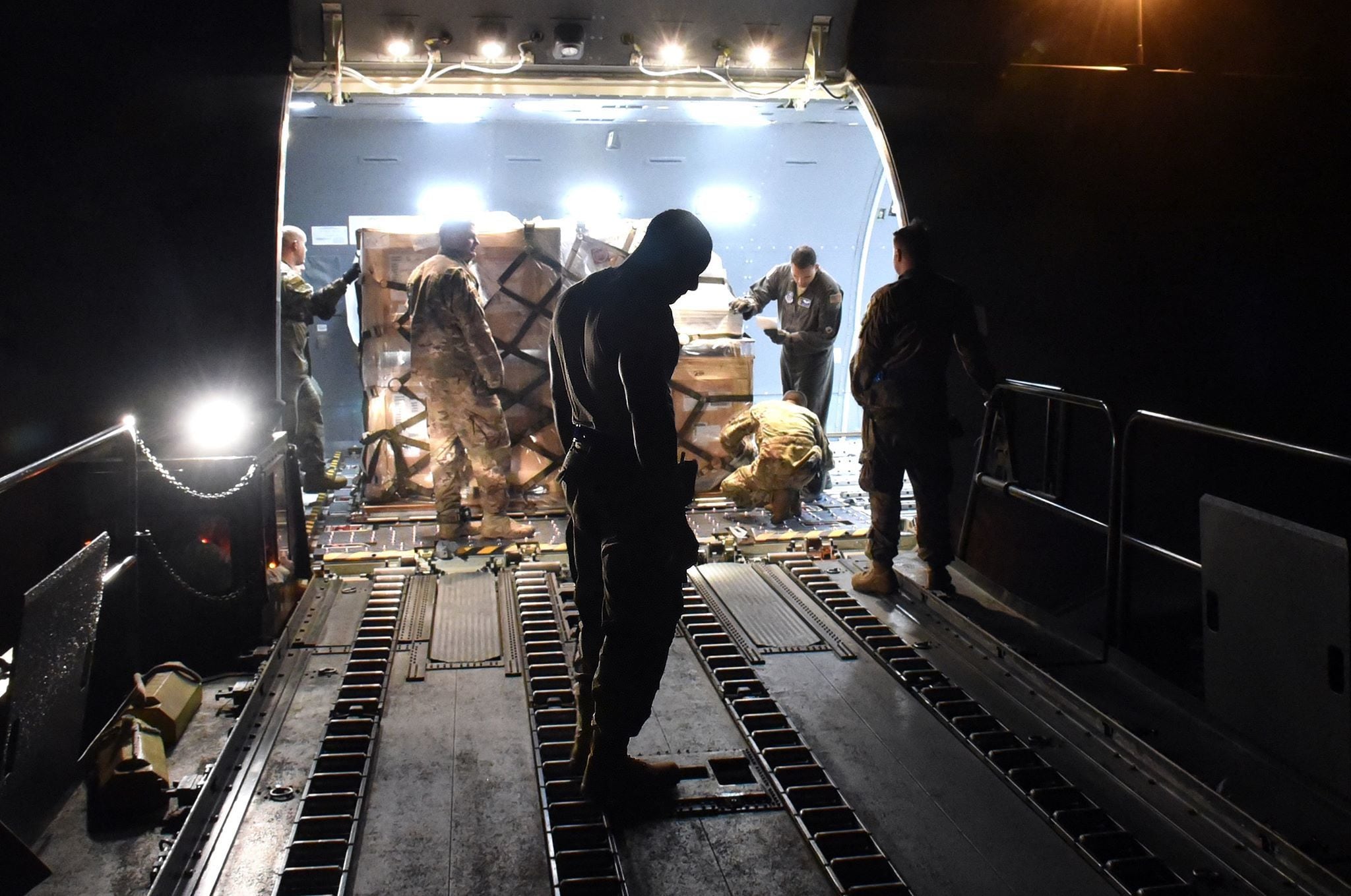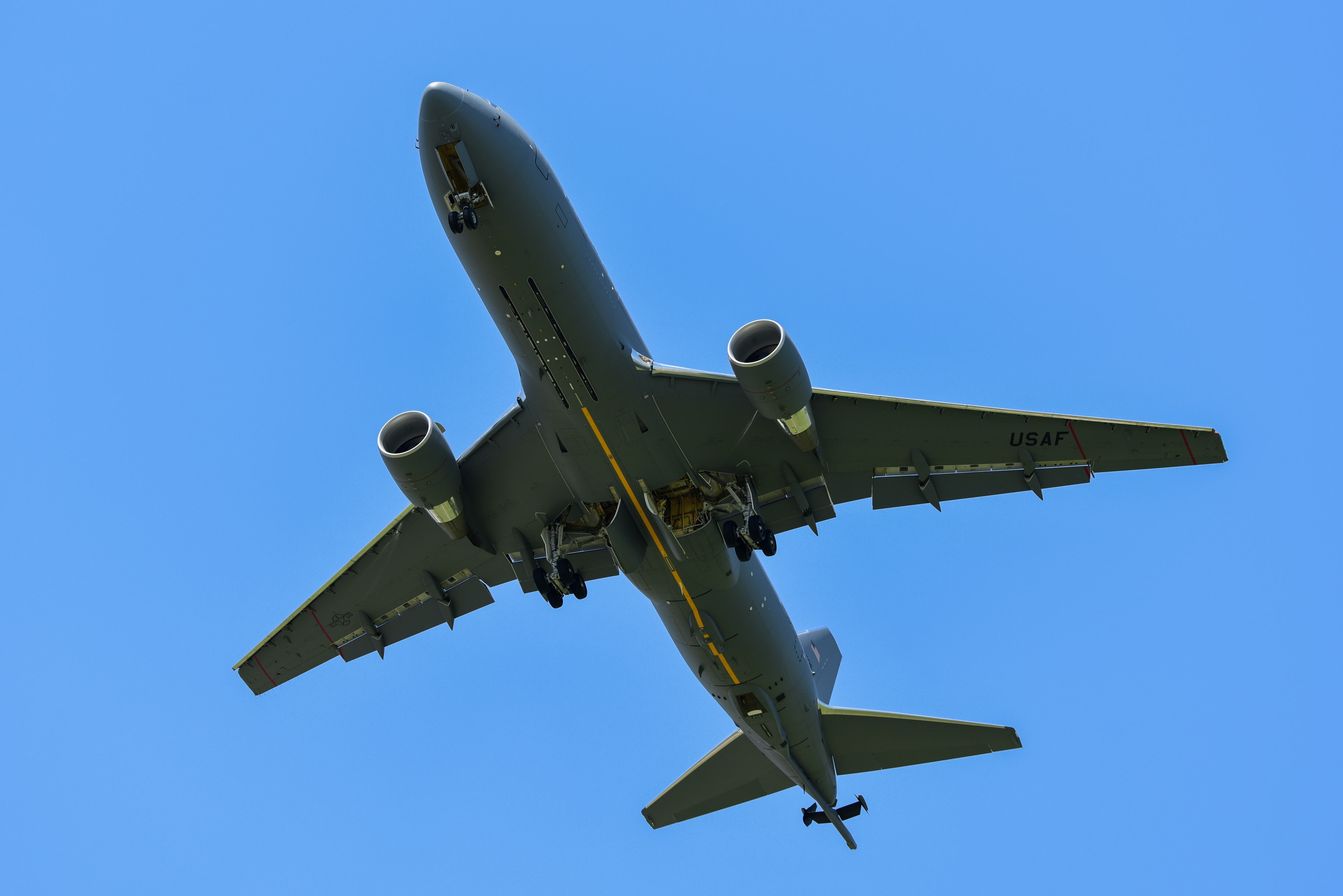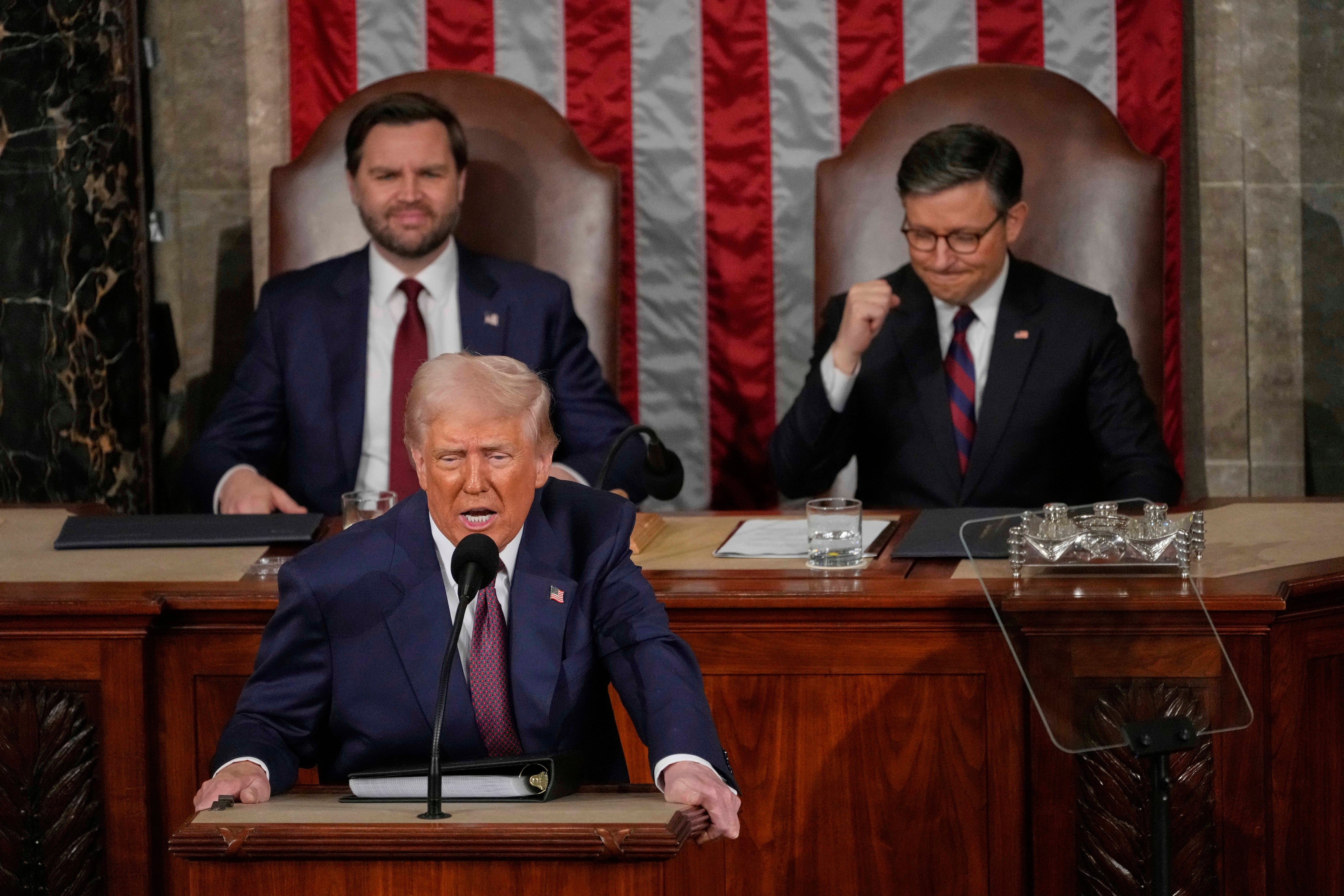WASHINGTON — After more than a year of deliberations, the U.S. Air Force is hoping to have a fix in hand for the KC-46 tanker’s most critical technical problem by the end of March, the service’s top general told Defense News in an exclusive interview.
The hope is for the Air Force and Boeing to sign off next month on a finalized design for the KC-46’s Remote Vision System, or RVS — a series of cameras and sensors that allow its users to steer the aircraft’s boom into a plane for aerial refueling.
“The fact [is] that we’re in negotiations right now; I can’t say anything that would affect those negotiations,” Air Force Chief of Staff Gen. Dave Goldfein said in a Feb. 18 interview.
“Here’s what I will tell you: They’re not stagnant in any way, shape or form. It’s a very active dialogue. We’re working on getting a serious fix,” he said. “We’re looking for a serious fix on the table by the end of March, and we’re going to be flying that fix and starting to test it by the end of this summer.”
For several years, the KC-46 program has grappled with a critical deficiency involving the RVS, which is manufactured by Rockwell Collins. Under certain lighting conditions, the imagery is difficult to see and sometimes distorted, making it difficult for operators to safely move the boom without scraping the aircraft receiving fuel.
Despite ongoing RVS problems, the service and Boeing came to a compromise in late 2018 that would allow the aerospace firm to begin delivering the KC-46 if the company would swallow the cost of fixing the system to the Air Force’s specifications.
At the time, Boeing and the service agreed on nine performance areas where the Air Force wanted to see improvements, but the parties have been embroiled in debate for months over how to turn those into technical requirements that would allow Boeing engineers to make specific hardware and software changes to the RVS design.
The first tanker was delivered in January 2019, but months later in September, Air Mobility Command head Gen. Maryanne Miller said Boeing had made no progress on the RVS and that it would take three to four years before the KC-46 was technically mature enough to deploy.
Tensions culminated in January 2020 when Goldfein sent a letter to incoming Boeing CEO Dave Calhoun criticizing the company for “unsatisfactory” progress on the RVS despite having a year to make design changes.
“We require your attention and improved focus on the KC-46,” Goldfein wrote in the Jan. 9 letter, which was first obtained by Bloomberg News. “The Air Force continues to accept deliveries of a tanker incapable of performing its primary operational mission.”
RELATED

Calhoun came to the Pentagon for a face-to-face meeting with Goldfein on Jan. 15. According to Goldfein, the meeting went well.
“[Calhoun] committed to me in the meeting that the KC-46 was his top priority and he was going to put the talent, the resources and whatever the company needed to do to get it on track, so now I’m holding him to his word,” Goldfein said.
“I don’t want to go into too many details because we’re in a pretty intense negotiation, but I’ve seen a behavior change,” he added. Goldfein declined to provide examples of specific improvements but said he had seen “a different level of intensity from the leadership at Boeing on getting a serious fix for the KC-46.”
RELATED

In a statement to Defense News, Boeing said it valued its partnership with the Air Force and is committed to delivering a KC-46 that matches the service’s expectations.
“We’re engaged in productive discussions with the Air Force about enhancements for the KC-46 Remote Vision System. We expect those discussions will establish a collaborative plan through which we can improve the aircraft’s already robust capabilities,” the company said.
Having a finalized RVS fix on the books could be crucial for defending the Air Force’s fiscal 2021 budget. The service plans to retire 13 KC-135 and 16 KC-10 tankers in FY21, but Congress has been skeptical of making reductions to the Air Force tanker fleet when demand continues to outpace supply.
An agreed-upon fix could also bring some financial relief for Boeing.
The Air Force is currently withholding $28 million per aircraft upon delivery of each tanker with the hopes of inducing Boeing to arrive at an RVS fix sooner rather than later. However, officials have said the service would be open to rolling back the amount of money the service withholds if it sees progress.
According to the terms of Boeing’s fixed-price contract for the KC-46 program, the company is responsible for all costs past the award’s $4.9 billion ceiling. Boeing has already eaten more than $3 billion in cost overruns, and the final price of the RVS redesign is still unknown and will likely trigger further penalties.
So far, 31 KC-46s out of the 179 planned for purchase have been delivered to the service. The Air Force indicated in 2019 that it would take three to four years to develop a fully functioning RVS.
Valerie Insinna is Defense News' air warfare reporter. She previously worked the Navy/congressional beats for Defense Daily, which followed almost three years as a staff writer for National Defense Magazine. Prior to that, she worked as an editorial assistant for the Tokyo Shimbun’s Washington bureau.




